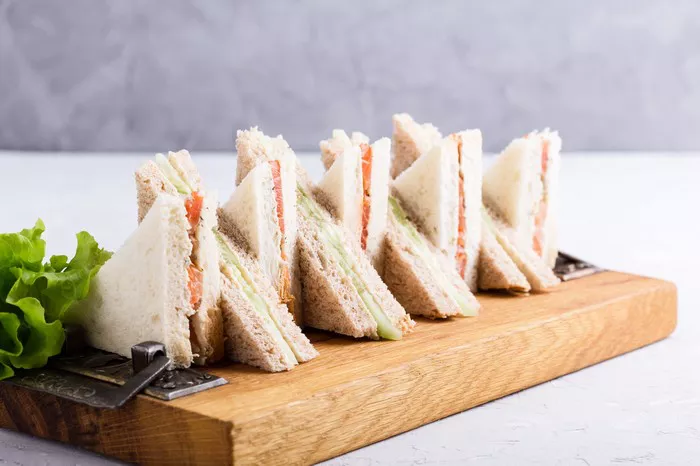In Thailand’s highly competitive market for “super apps” like Grab, food delivery drivers are witnessing a reduction in their earnings as platforms trim costs amidst challenging business conditions.
Over the past months, drivers like Piti have noticed a decrease in their starting rate per food order, dropping from 40 baht ($1.12) to 38 baht ($1.07). Additionally, the rise in the number of drivers on the road has led to fewer job opportunities.
Piti, who chose to use a pseudonym, expressed his concern, revealing that his daily earnings have dwindled from approximately 2,000 baht ($57) to as low as 900 baht ($25) on certain days.
To counter this decline, Piti plans to transition to transporting passengers with Grab’s ride-hailing service, which offers a more appealing rate of 35 baht ($0.98) per kilometer.
Grab Holdings, which held about 44 percent of the Thai market in 2021, went public in New York following a significant $39.6 billion merger. Despite its status as Southeast Asia’s most valuable tech unicorn, the Singapore-based start-up has grappled with persistent losses and has yet to achieve profitability.
In June, Grab implemented its largest round of layoffs since 2020, cutting over 1,000 jobs. Other food delivery platforms have faced similar challenges. Line Man, a Japanese-owned delivery app, reported a loss of 2.7 billion baht ($75.9 million) last year, despite a revenue increase of 88 percent to 7.8 billion baht ($219 million).
The Kasikorn Research Center in Bangkok has projected an 11.3 percent reduction in the market value of the food delivery business in Thailand this year compared to 2022, as food order volumes decline post-pandemic.
Drivers across various platforms have reported reductions in their basic pay per order, with some experiencing decreases from 43 baht ($1.21) to 39 baht ($1.10). Like many drivers, Pon, who uses multiple platforms including Robinhood, rotates between apps, sometimes switching platforms within the same day.




















